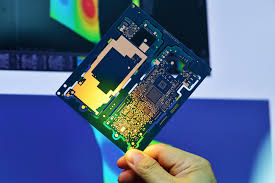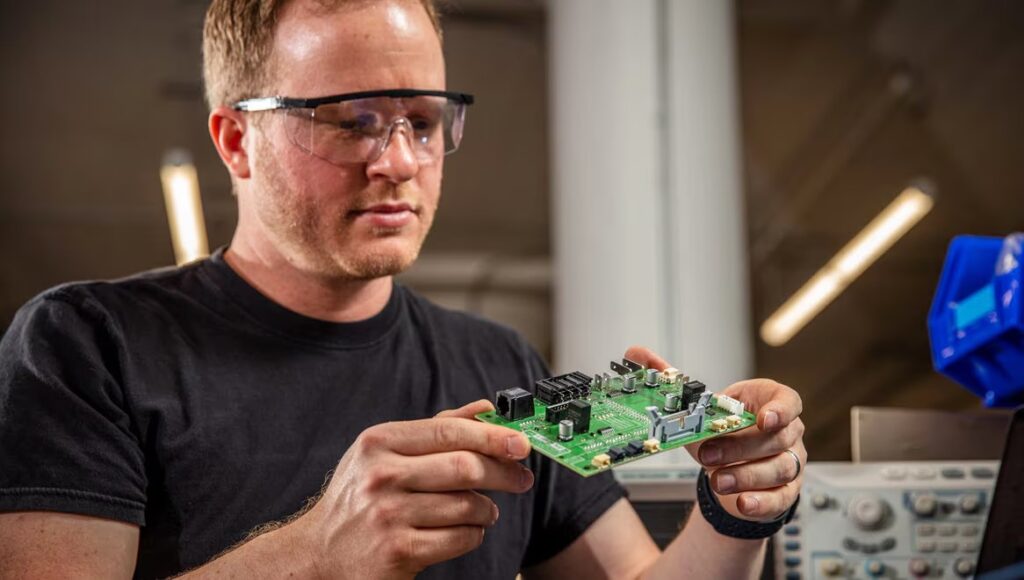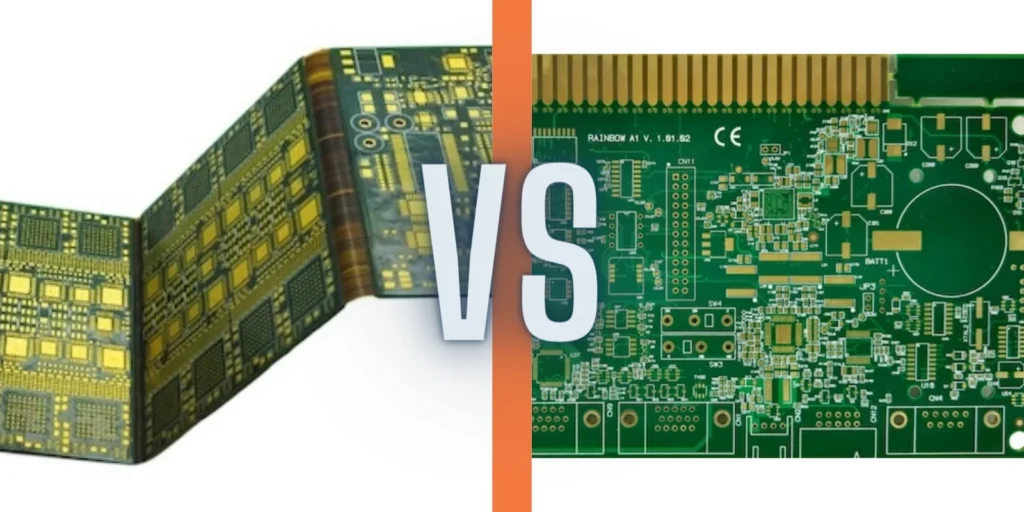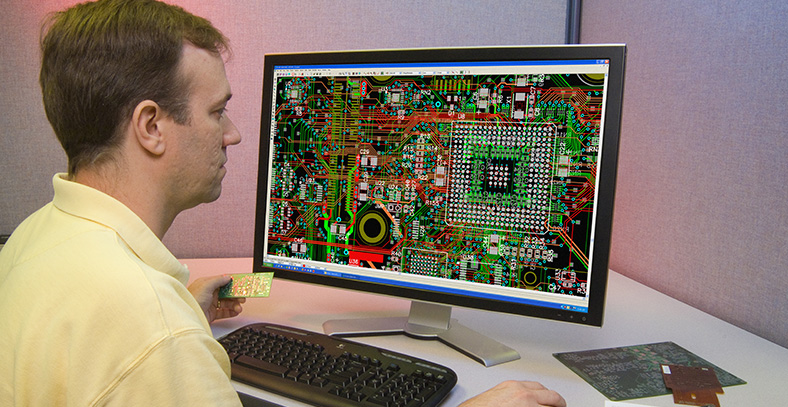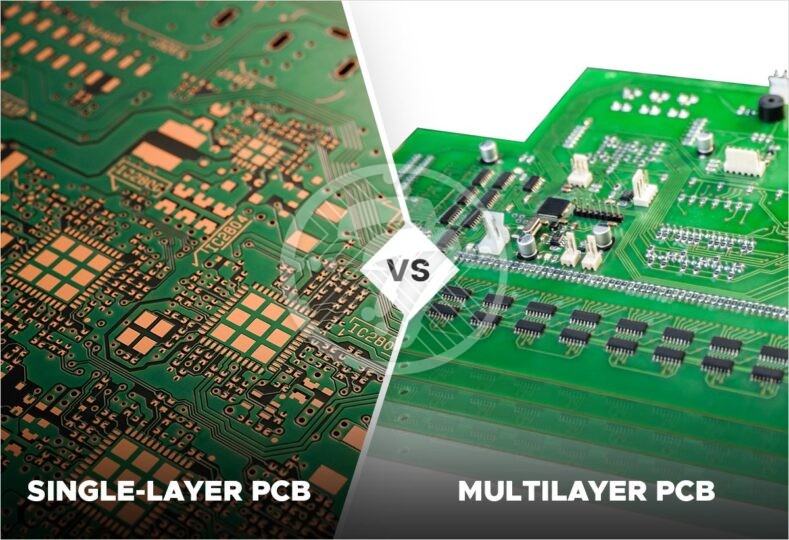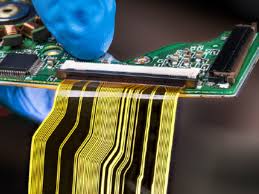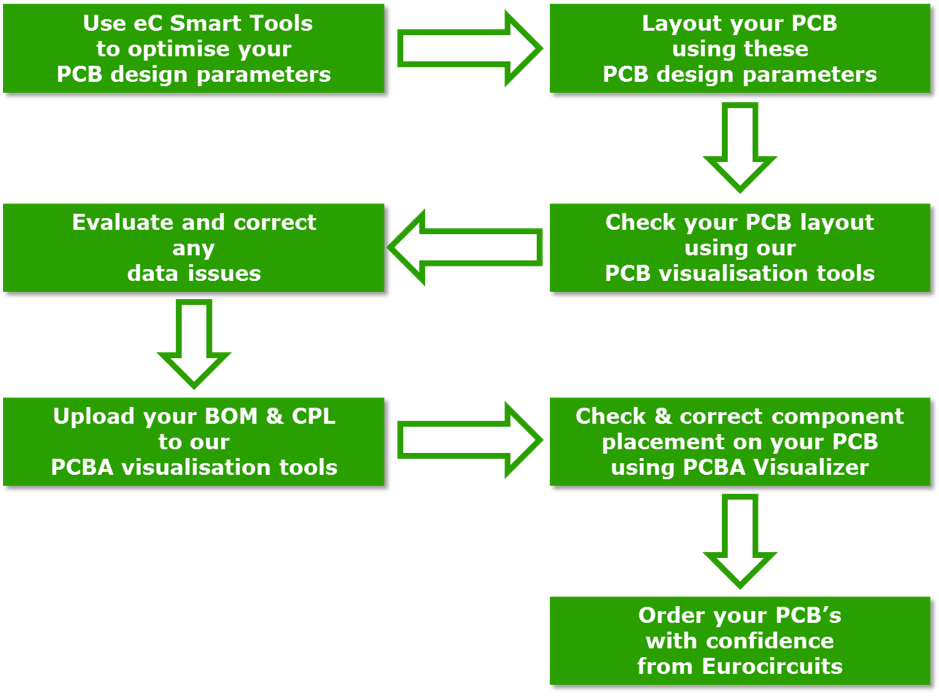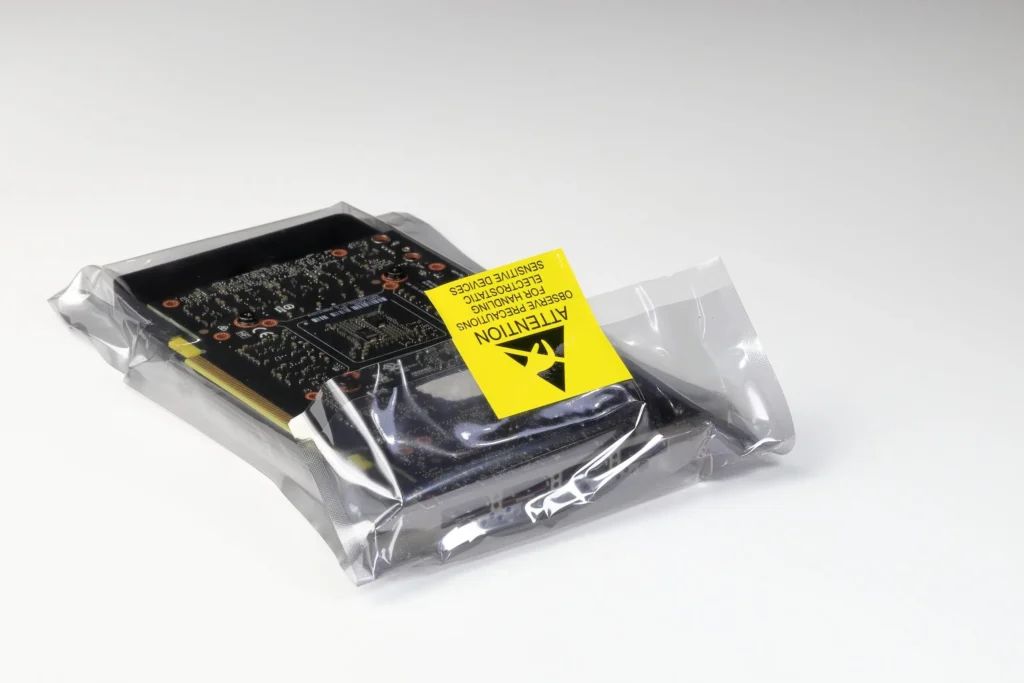Smart manufacturing is to realize the intelligence and innovation of the whole manufacturing value chain, and is a further enhancement of the deep integration of informationization and industrialization.
At present, the “intelligence” of smart manufacturing is still at the level of Smart. The smart manufacturing system has the ability of data collection, data processing and data analysis, and can accurately execute instructions and achieve closed-loop feedback; and the trend of smart manufacturing is to truly achieve ” Intelligent”, the intelligent manufacturing system can achieve independent learning, independent decision-making, and continuous optimization.
Among the key technologies of smart manufacturing, smart products and services can help companies bring innovation in business models; smart equipment, smart production lines, smart workshops to smart factories can help companies achieve innovation in production models; smart R&D, smart management, smart logistics and supply chains can help companies achieve innovation in operation models; and smart decision-making can help companies achieve scientific decision-making . The ten technologies of smart manufacturing are closely related to each other, and manufacturing companies should promote the application of these ten smart technologies in a progressive and rational manner.
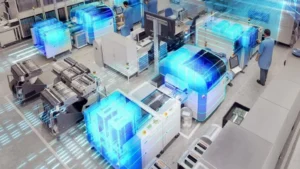
01 Smart Products
Smart products typically include mechanical, electrical, and embedded software with memory, sensing, computing, and transmission capabilities. Typical smart products include smartphones, smart wearables, drones, smart cars, smart appliances, smart vending machines, etc., including many smart hardware products. Smart equipment is also a smart product. Companies should think about how to add intelligent units to their products to enhance the added value of their products.
02 Smart Services
Based on sensors and the Internet of Things (IoT), the status of products can be sensed for preventive maintenance, to help customers replace spare parts in a timely manner, and even to help customers bring business opportunities by understanding the status of product operation. Big data on product operations can also be collected to assist companies in marketing decisions. In addition, by developing customer service oriented APPs, companies are also a means to provide intelligent services that can target the products purchased by the company, thus targeting users and conducting service marketing.
03 Smart Gear
Manufacturing equipment has experienced mechanical equipment to CNC equipment, and is now gradually developing into intelligent equipment. Intelligent equipment has detection function, which can realize in-machine detection, so as to compensate for machining errors and improve machining accuracy, and also compensate for thermal deformation. In the past, some precision equipment had high requirements for the environment, and now, due to the closed-loop detection and compensation, the requirements for the environment can be reduced.
04 Smart Production Line
Enterprises in many industries rely heavily on automated production lines, such as steel, chemical, pharmaceutical, food and beverage, tobacco, chip manufacturing, electronic assembly, automotive complete vehicle and parts manufacturing, to automate processing, assembly and inspection, and some mechanical standard parts production also apply automated production lines, such as bearings. However, the equipment manufacturing enterprises are still dominated by discrete manufacturing. The focus of technological transformation of many enterprises is to establish automated production lines, assembly lines and inspection lines. Boeing’s aircraft assembly plant in the United States has established a U-shaped pulsating assembly line. Automation production lines can be divided into rigid automation lines and flexible automation lines, flexible automation lines are generally established buffer. In order to improve production efficiency, industrial robots and hanging systems are increasingly used in automated production lines.
05 Smart Shop
A shop usually has multiple production lines that either produce similar parts or products or have an upstream and downstream assembly relationship. To achieve shop floor intelligence, information on production status, equipment status, energy consumption, production quality, and material consumption needs to be collected and analyzed in real time for efficient scheduling and rationalization of shifts, significantly improving equipment utilization (OEE). Therefore, no matter what manufacturing industry, Manufacturing Execution System (MES) has become an inevitable choice for enterprises.
06 Smart Factory
A factory usually consists of multiple workshops, and large companies have multiple factories. As a smart factory, not only should the production process be automated, transparent, visualized, and lean, but also product testing, quality inspection and analysis, and production logistics should be closed-loop integrated with the production process. Information sharing, just-in-time distribution, and collaborative operations should be realized between multiple workshops in a factory. Some discrete manufacturing companies have also established production command centers similar to those of process manufacturing companies to command and dispatch the entire plant and identify and solve unexpected problems in a timely manner, which is also an important sign of a smart factory. Smart factory must rely on seamlessly integrated information system support, mainly including PLM, ERP, CRM, SCM and MES five core systems. Smart factories in large enterprises need to apply ERP systems to develop production plans for multiple workshops (ProducTIon planning) and detailed scheduling by MES systems based on the production plans of each workshop (producTIon scheduling), with MES scheduling efforts of days, hours, and even minutes.
07 Smart R&D
Discrete manufacturing companies have applied CAD/CAM/CAE/CAPP/EDA and other tools and PDM/PLM systems for product development, but many companies are not applying these software at a high level. To develop intelligent products, enterprises need the synergy of electromechanical and soft multidisciplinary cooperation; to shorten the product development cycle, they need to deeply apply simulation technology, establish virtual digital prototype, realize multidisciplinary simulation, and reduce the physical test through simulation; they need to implement the idea of standardization, serialization and modularization in order to support high-volume customer customization or personalized product customization; they need to combine simulation technology with test management in order to improve the confidence level of simulation results. Process manufacturing companies have started to apply PLM systems for process management and recipe management, and LIMS (Laboratory Information Management System) systems are more widely available.
08 Smart Management
The core operation management systems of manufacturing companies also include human asset management system (HCM), customer relationship management system (CRM), enterprise asset management system (EAM), energy management system (EMS), supplier relationship management system (SRM), enterprise portal (EP), business process management system (BPM), etc. Domestic companies also use office automation (OA) as A core information system. In order to unify the management of enterprise core master data, master data management (MDM) has also been deployed in large enterprises in recent years. To achieve intelligent management and intelligent decision-making, the most important condition is accurate basic data and seamless integration of major information systems.
09 Smart Logistics and Supply Chain
The procurement, production and sales processes within manufacturing companies are accompanied by the flow of materials, therefore, more and more manufacturing companies are paying more and more attention to production automation as well as logistics automation, and automated three-dimensional warehouses, unmanned guided vehicles (AGV), and intelligent hanging systems are widely used; and in the logistics centers of manufacturing and logistics companies, intelligent sorting systems, stacking robots WMS (Warehouse Management System) and TMS (Transport Management System) have also received widespread attention from manufacturing and logistics companies.
10 Smart Decisions
Businesses generate a lot of data in the course of their operations. On the one hand, there is the core business data generated from various business departments and business systems, such as data related to contracts, returns, expenses, inventory, cash, products, customers, investments, equipment, production, delivery dates, etc. This data is generally structured data that can be analyzed and predicted in multiple dimensions, which is the BI (Business Intelligence) technology This is the scope of BI (Business Intelligence) technology, also known as management cockpit or decision support system. At the same time, enterprises can apply these data to refine enterprise KPIs and compare them with preset targets, and at the same time, decompose KPIs at different levels to evaluate cadres and employees, which is the scope of EPM (Enterprise Performance Management). From a technical point of view, in-memory computing is an important support for BI.

